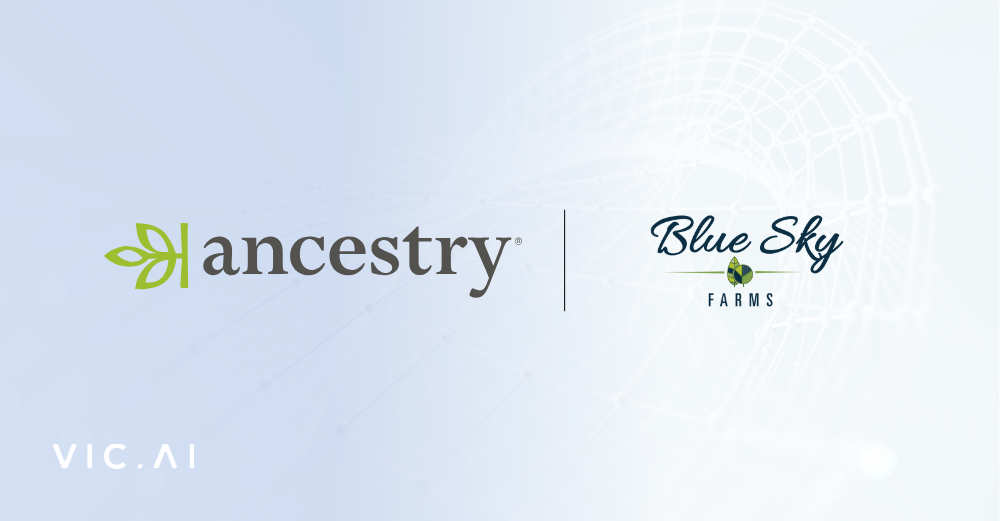What is AI?
When you think of Artificial Intelligence (AI), do you picture the classic Hollywood portrayal? Movies like a 2001 Space Odyssey and Terminator’s Skynet brought AI to our collective attention - with not such happy endings.
But everyday examples of AI are a lot more… (almost) mundane. We're using AI every day and we don't even realize it.
The most common example would be from the entertainment perspective. Whoever your TV provider might be, whether it's Comcast, Hulu, or Netflix, there's AI happening behind the scenes to make your viewing experience a lot more enjoyable.
They’re providing predictions on your past viewing experiences and making recommendations on certain types of shows that might interest you. Spotify does the same thing for music.
In Gmail, as you type your emails, the text starts to automatically populate and complete sentences.
Hopping into your car and being able to state the destination of where you want to go and being automatically routed there, as opposed to having to get out a physical map and plot out mile markers, is another form of AI.
But what really is AI? Wikipedia defines it as intelligence demonstrated by machines in contrast to the natural intelligence displayed by humans.
But AI is simply a means to an end. If you need help answering a question or solving for something as quickly as possible, that’s where AI comes in. It’s a solution to an existing problem.
When should a company use AI?
The biggest trend of AI in the workplace, especially impacting the accounting profession, is the transformation of business data and analytics. And when you’re dealing with the future of accounting AI, you need to be able to process massive data sets, known as data lakes, rapidly and accurately. Everything is trending toward having insightful analytics. Being able to provide the analytics on your data to have future foresight and be in a position to be more proactive vs. ractive, is an amazing advantage.
Companies use AI for a variety of purposes, from scheduling meetings to translating different languages to your own CRM. HubSpot's mobile business card scanner app maps the text from the business cards - of prospects you may end up getting at trade shows - into its CRM contacts automatically. No more wasting time on manual business card entry.
Can accounting firms use AI to help their clients?
Vic.ai is a true AI platform for the accounting profession and we're accomplishing this by automating accounting tasks by leveraging AI and machine learning.
We want to help accountants be more nimble, especially now that many are and remote, by removing the headaches, time suck and general inefficiencies of manual invoice processing.
How should accounting companies approach AI?
First things first - determine what your underlying need is before asking if that’s something AI can solve for. Don't get so far down the rabbit hole that your original need becomes clouded.
If you think AI might be the answer, start with an AI roadmap and ask yourself questions like
- “Do we have the resources internally to build out the solution?”
- “Do we need to hire an AI expert to help with the pilot?”
It’s usually not worthwhen you could partner with companies that are already specialists in the technology.
The main thing to avoid is getting swept up by buzzwords like “automation” and “AI.”
There are a lot of companies that hype up their capabilities, but when you look under the hood, how much automation is actually there? You want to be cautious and do your due diligence.
What are the challenges of implementing an AI solution?
There are two main challenges - the first is the data.
In most accounting firms, your data is just sitting somewhere, but there’s never been a way to aggregate it and get it into a format where it can be beneficial and more future-ready for accountants. So the accessibility of the data and then the quality and quantity of the data, that poses an issue.
Another challenge today is really the same challenge any company faces when it comes to new projects - people.
There's still hat it can do, and how it ties into your business strategically and operationally.
And ultimately, if you don't have the business fully understanding AI and supporting it, then it’s not going to stick. The solution here is to provide continual employee training and education to prevent this from happening.











.svg)
